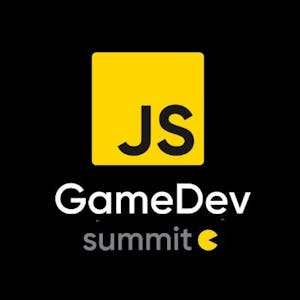165 min
How to make amazing generative art with simple JavaScript code
Top Content
Workshop
Instead of manually drawing each image like traditional art, generative artists write programs that are capable of producing a variety of results. In this workshop you will learn how to create incredible generative art using only a web browser and text editor. Starting with basic concepts and building towards advanced theory, we will cover everything you need to know.





















